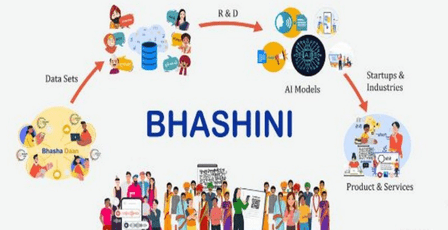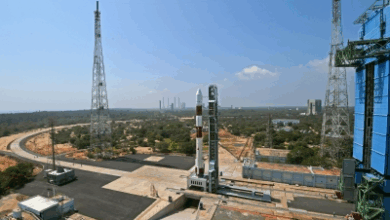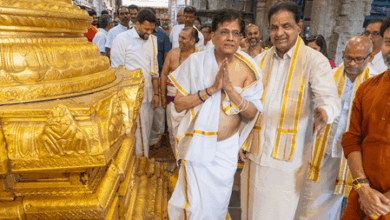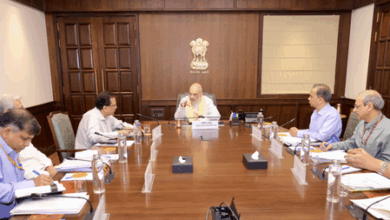
The Ministry of Panchayati Raj on Wednesday said it will collaborate with Bhashini, the National Language Translation Mission under the Ministry of Electronics and Information Technology (MeitY), to harness cutting-edge AI-powered language technologies for greater inclusivity and improved accessibility in Panchayati Raj governance.
The MoU will be signed on Thursday in the national capital in the presence of Union Minister of State for Panchayati Raj and Fisheries, Animal Husbandry and Dairying Professor SP Singh Baghel.
The initiative is a strategic collaboration to expand multilingual access across the ministry’s digital platforms and outreach efforts, enabling wider public participation in Panchayati Raj initiatives, programs, dialogues, and live events through advanced translation technologies.
It marks a key step towards making the ministry’s platforms seamlessly multilingual, thereby empowering stakeholders especially elected representatives, functionaries, and citizens in rural India to access planning and governance systems in their native languages.
“With the signing of the MoU, the partnership will enhance language accessibility across major portals and platforms of the Ministry of Panchayati Raj, while also promoting the use of AI-enabled public digital infrastructure to empower Panchayati Raj Institutions and reinforce participatory democracy at the grassroots,” said Ministry of Panchayati Raj in a statement.
As part of the event, a specially-curated digital launch video showcasing the integration of Bhashini with eGramSwaraj will also be unveiled.
Earlier this month, the Digital India Bhashini Division (DIBD) and the Centre for Railway Information Systems (CRIS) collaborated on the development and deployment of multilingual artificial intelligence solutions across key public-facing railway platforms.
The partnership aims to integrate Bhashini’s state-of-the-art language technology stack, comprising Automatic Speech Recognition (ASR), Text-to-Text Translation, Text-to-Speech (TTS), and Optical Character Recognition (OCR), into CRIS-managed systems such as the National Train Enquiry System (NTES) and RailMadad. This will enable citizens to access critical railway services in 22 Indian languages.











